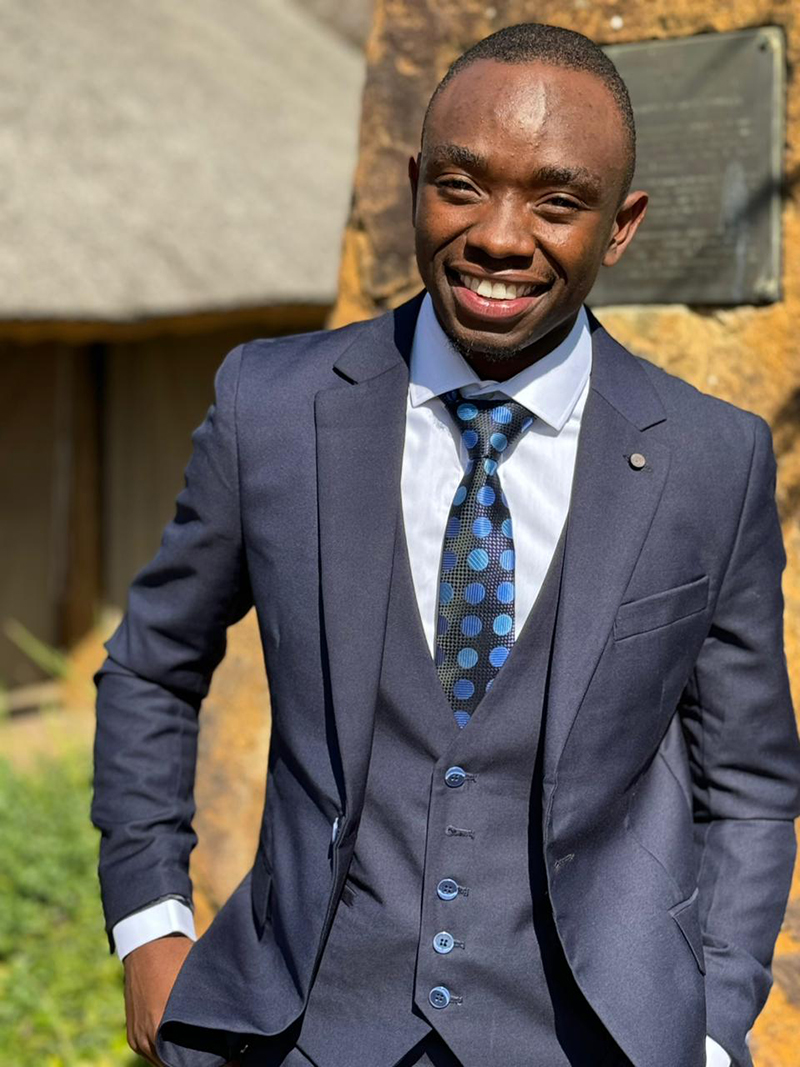The recent announcement by Cameroon’s 92-year-old President, Paul Biya, that he will seek re-election has reignited debates around prolonged leadership in Africa. Biya, who has been in office for 43 years, would be nearing 100 should he complete another term, making him one of the oldest and longest-serving leaders on the continent.
North-West University (NWU) academic Thabang Motswaledi from the School of Government Studies says Biya’s announcement reflects a larger governance issue in Africa.
“Some of the challenges in Africa’s development have been leaders’ reluctance to step down from office even when their term has long expired,” says Thabang. “The bane of African leadership has since been rooted in the negative ideology of prolonged leadership, thus labelled as dictatorship or autocracy in some states.”
He explains that African scholars have long cautioned against the dangers of overstaying in office, but these warnings have often been ignored. He highlights leaders such as the late Robert Mugabe of Zimbabwe, Teodoro Obiang Nguema Mbasogo of Equatorial Guinea, Denis Sassou Nguesso of the Republic of Congo, Yoweri Museveni of Uganda and Paul Biya of Cameroon as examples of entrenched leadership styles that stifle development.
“The character of these governments is embedded with underdevelopment, dictatorship, elite rule and corruption,” he notes.
He further points to a growing wave of military takeovers, particularly in West Africa, as a reaction to this pattern. “Over the years, this has led to the formation of the coup belt in the western part of Africa. Cameroon, which is also in the western region, could find itself next in line should political frustrations increase,” he says.
According to Thabang, Biya’s leadership has not translated into tangible development for Cameroon. “The presidential years of Biya in Cameroon have not yielded any growth. His return to office may lead the country to suffer the same fate as its neighbours, such as Mali and Burkina Faso, where discontent with leadership triggered coups.”
The broader concern, he adds, is that Africa risks regressing further if the trend of prolonged leadership continues. “This form of leadership is not deliberate about the development of Africa. It undermines democratic institutions and alienates the citizenry.”
Biya’s announcement has sparked renewed concern among political observers and citizens alike, with many questioning whether another term under his leadership will bring change or deepen the country’s political stagnation.

Thabang Motswaledi
